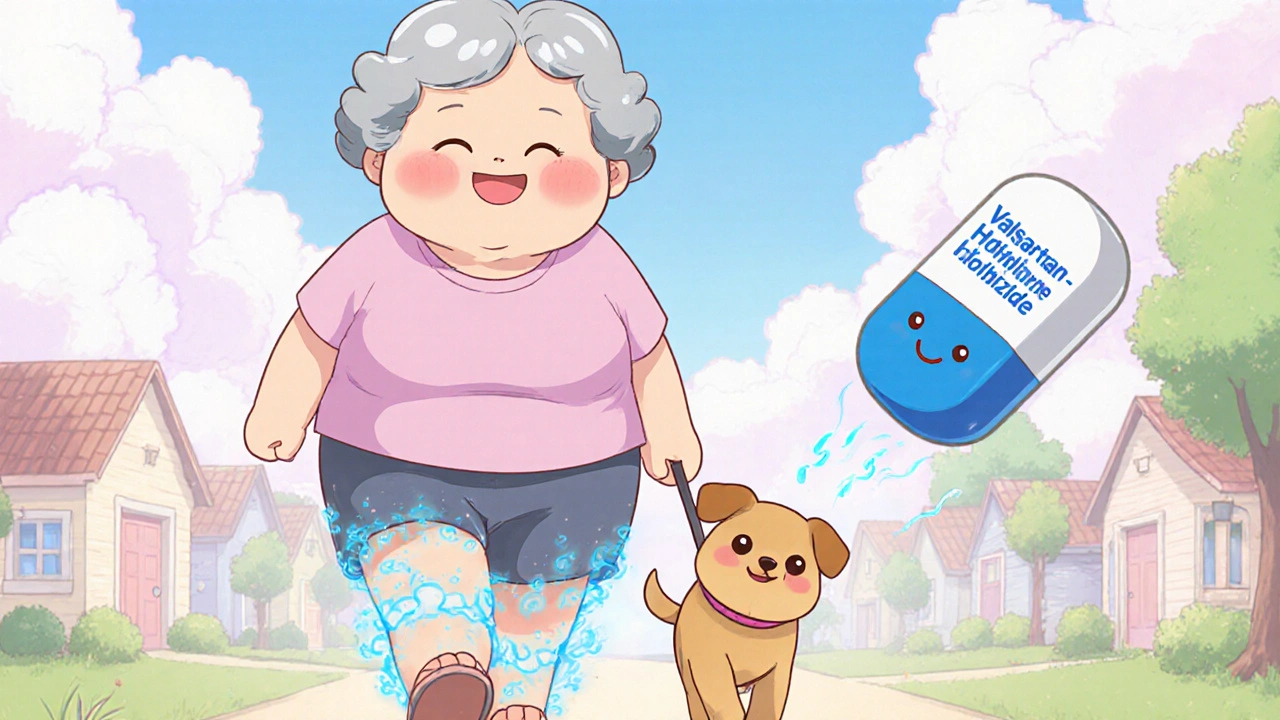Heart Failure Treatment: Options, Medications, and What Actually Works
When your heart can’t pump blood the way it should, you’re dealing with heart failure, a chronic condition where the heart struggles to meet the body’s demand for blood and oxygen. Also known as congestive heart failure, it doesn’t mean your heart has stopped—it just isn’t working as efficiently as it should. This isn’t a one-size-fits-all problem. Treatment depends on how bad it is, what’s causing it, and how your body responds.
Heart failure medications, a group of drugs designed to reduce strain on the heart, improve pumping, and remove excess fluid are the backbone of most treatment plans. ACE inhibitors, beta-blockers, diuretics, and newer drugs like SGLT2 inhibitors aren’t just pills—they’re tools that change how your heart and kidneys work together. Many people see real improvements in energy, breathing, and swelling within weeks. But meds alone aren’t enough. Lifestyle changes like cutting salt, tracking weight daily, and getting light exercise are just as critical. Skipping these steps is like trying to fix a leaky pipe without turning off the water.
Heart failure management, the ongoing process of monitoring symptoms, adjusting meds, and preventing flare-ups is where most people fall behind. It’s not about waiting for a crisis. It’s about noticing small changes—like gaining two pounds overnight, feeling more tired after walking to the mailbox, or needing an extra pillow to sleep. These aren’t just inconveniences. They’re warning signs. Doctors use them to tweak treatment before things get worse. And yes, some people need devices like pacemakers or even heart transplants, but most manage well with the right combo of pills, habits, and regular check-ins.
You’ll find posts here that dig into specific drugs used for heart failure, how they compare, and what side effects to watch for. You’ll also see real stories about people adjusting their diets, tracking symptoms, and staying active despite limitations. There’s no magic cure, but there are proven ways to feel better, live longer, and avoid hospital trips. The goal isn’t to fix your heart completely—it’s to help it work smarter, so you can keep doing the things you love.

 Oct, 28 2025
Oct, 28 2025